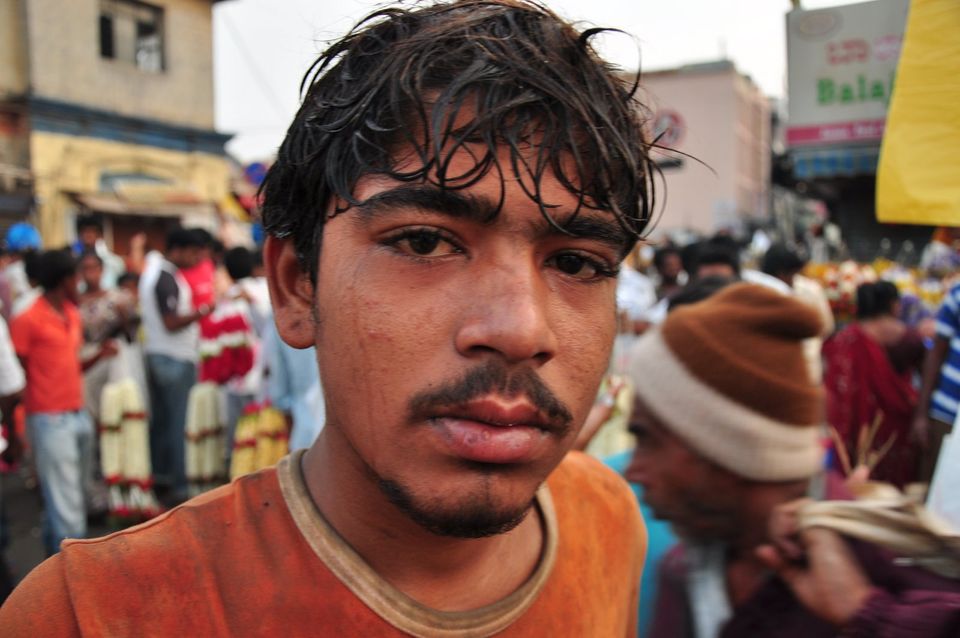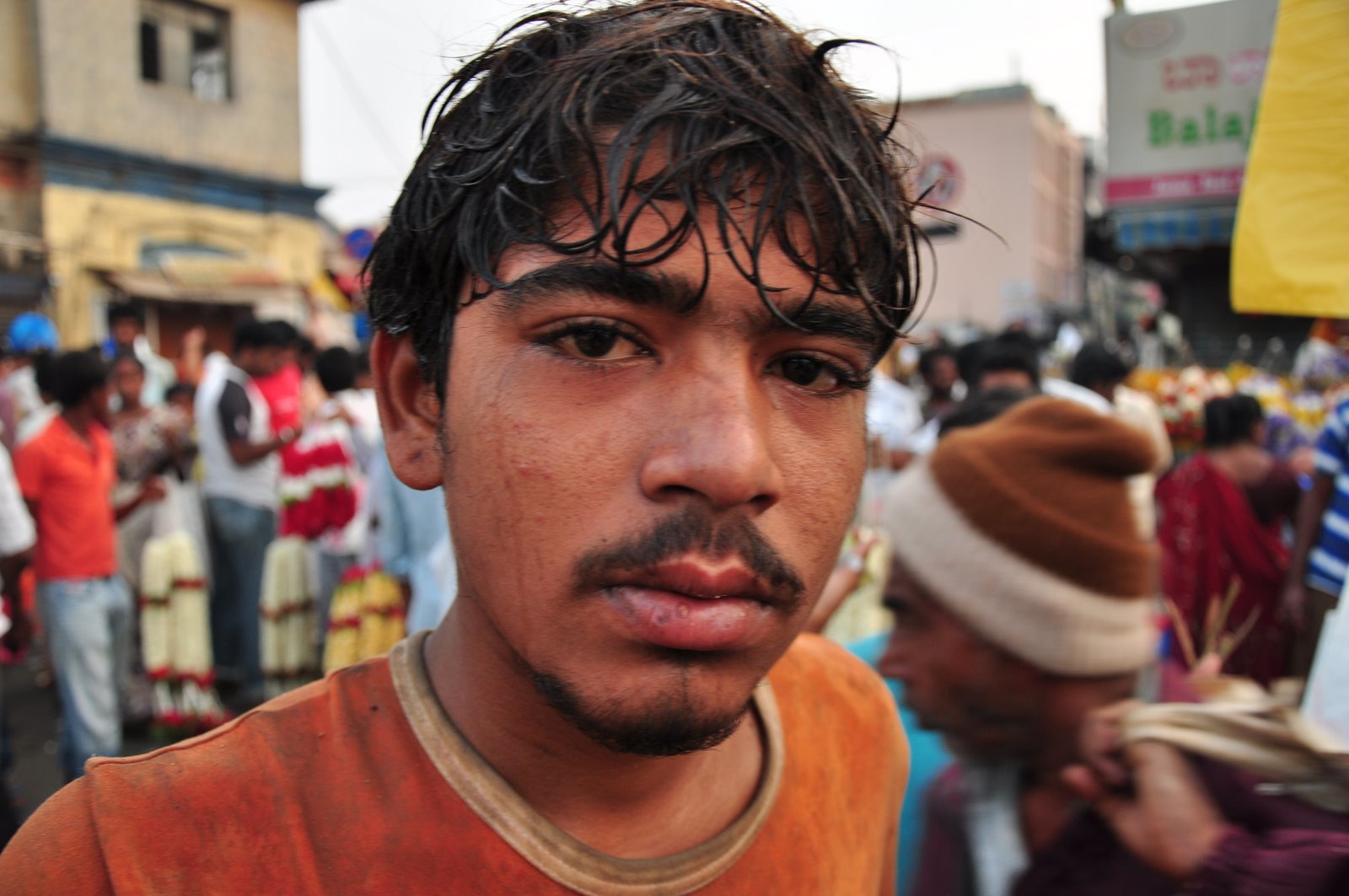Universal Human Dignity: Human Love and Self-Expression Must be Free

Every human being deserves the freedom to express who they are and to love whomever they love without prejudice.
In this deeply personal episode, I share my thoughts about how far we have come, and how far we still have to go regarding universal human dignity. Throughout history, humans have exercised and practiced various forms of control, which Yuval Noah Harari refers to as the myths that create our culture in his book, "Sapiens: A Brief History of Humankind." These controls have dictated who belongs and who doesn’t within society.
I argue for an end to dehumanization, for a more critical reflection of rigidly held religious beliefs, and I express dismay at the fear and hatred of LGBTQ2S+ people and the neglect of the arts and technology we queer people have created and contributed to the betterment of society.
The only way forward in creating a universal human dignity is to hold loving, open-minded, compassionate, and non-contentious dialogue with those who are willing to participate in these potentially challenging conversations, which have the potential to transform social norms and morality as we know them.
Resources mentioned in this episode:
- The Normal Heart
- Larry Kramer In Love and Anger
- Tao Te Ching. Stephen Mitchell or Gia-Fu Feng & Jane English translation.
- Brené on Words, Actions, Dehumanization, and Accountability
- Sapiens: A Brief History of Humankind. Yuval Noah Harari
- Stride Toward Freedom: The Montgomery Story. Martin Luther Dr. King Jr. (Chapter VI: Pilgrimage to Nonviolence)
About the Episode Image, "Dignity."

Notes by Abhishek Sundaram
"The wholesale flower market at KR market in Bangalore brings a smile to everyone who visits this place. For the average household in Bangalore, the temporary market which lasts for only 3 hours in the morning has been romanticized so much so that people do not see beyond the obvious. What about the people whose sweat makes up this place? Here you see a photograph of a daily labourer whose day started at 12:00 midnight hand hauling pushcarts loaded with goods like an ordinary beast of burden. His day does not end too soon and his only rewards are to make at least 1 square meal per day.
This is not the only such person here or in other parts of Bangalore or India. As I was walking around camera in hand photographing flowers and other happy folks, this man stopped his cart next to me and asked me to take his photograph. I asked myself what joy he would derive from this since he would not be able to see this photograph ever again, and in a flash I understood. He was asking me to acknowledge him.
He was saying to me, “I exist, and am as much a part of this urban fabric as you are”.
Is it too much to ask that we at least spare a thought, if not anything else, for these unspoken people we take so much for granted? Give them the dignity of acknowledging their existence."





Member discussion